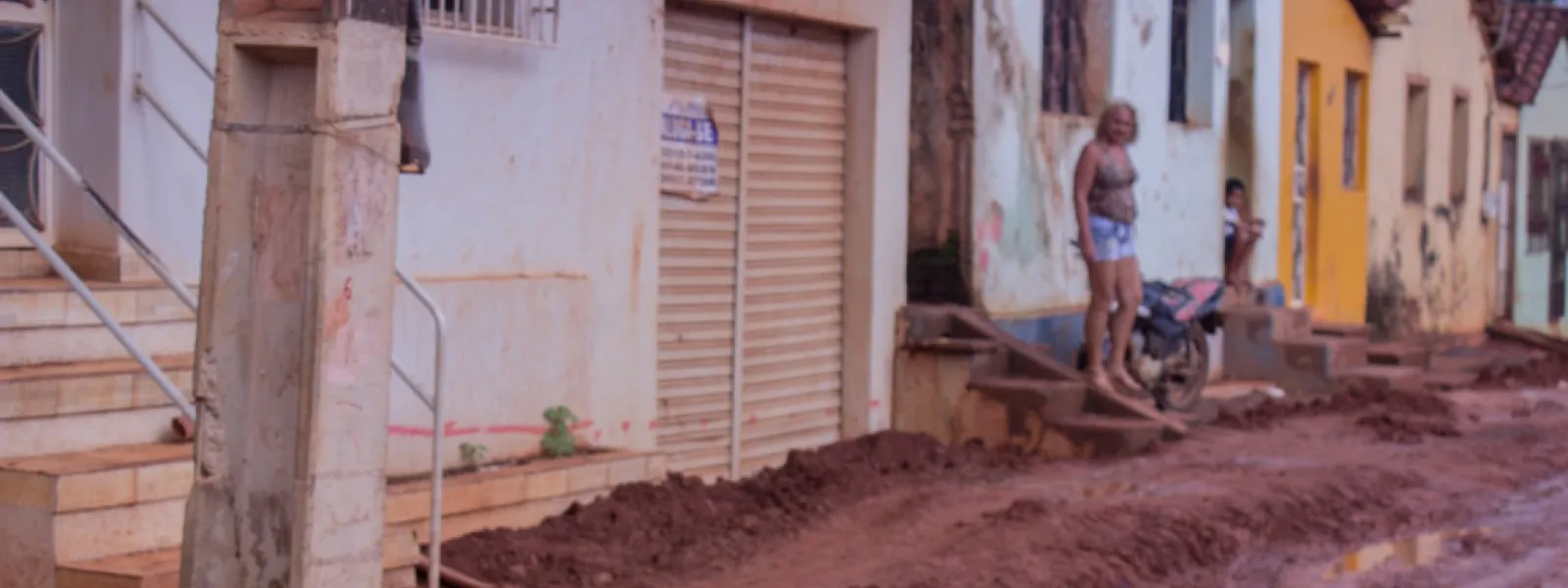
Project
Photo: Maíra Irigaray / Amazon WatchHolding Brazil accountable for the Belo Monte Dam
When fully operational, Belo Monte will be the third-largest dam in the world, constructed in one of the most important ecosystems on the planet: the Amazon rainforest. It sits on the Xingu River in Pará, a state in northern Brazil. The reservoir will cover 500 square kilometers of forest and farmland—an area the size of Chicago.
For the people of the Xingu, construction of Belo Monte has meant loss of access to water, food, housing, work and transportation. At least 20,000 people have been displaced.
The government and construction consortium began to construct the dam without first consulting the people of the region, many of whom are indigenous. They flouted international human rights law, which requires the free, prior and informed consent of affected indigenous communities. Brazil also failed to comply with precautionary measures issued by the Inter-American Human Rights Commission, which were intended to protect the life, health, and integrity of local communities.
Though Belo Monte began operations in May 2016, it is not yet operating at full capacity. In April 2016, a federal court suspended the dam's operating license because the consortium in charge did not complete basic sanitation works in Altamira, the city nearest to and most affected by the dam.
Partners:
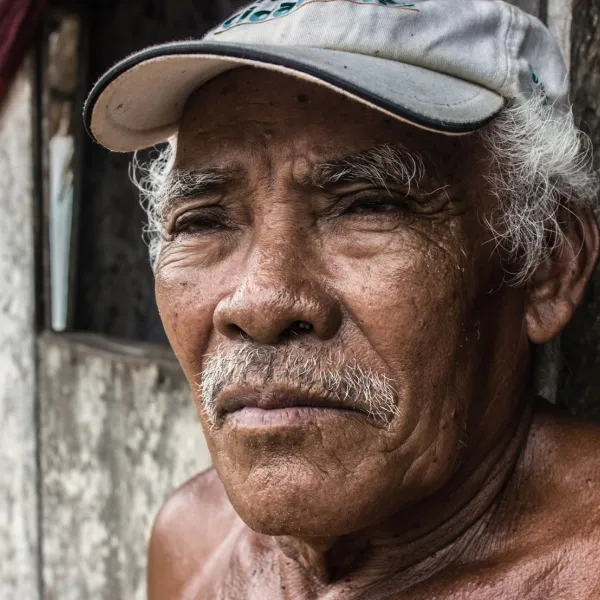
Related projects
Latest News
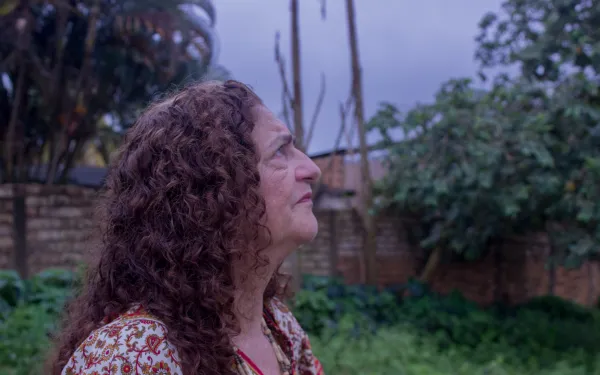
Why Brazil must respond for Belo Monte's human rights violations
We did it! We’re proud to say we recently submitted the final arguments in our case against Brazil before the Inter-American Commission on Human Rights. In them, we demonstrate the damages Belo Monte has caused to indigenous and traditional communities, and residents of Altamira, the city closest to the dam. We’re working for them—to bring the government of Brazil to justice. “Human rights violations are a daily occurrence for those of us affected by the dam,” explained Antônia Melo, coordinator of the Movimento Xingu Vivo para Sempre, a citizens’ collective formed in the face of the dam’s implementation. “It’s urgent that our petition before the Commission advance to sanction the government and guarantee our rights.” We argue that the damages to local communities resulted from a severe lack of foresight and inadequate evaluation, as well as from failure to comply with the conditions for operation established by the government. The many risks denounced prior to the dam’s construction have since become long-term damages—many of which have affected men and women, and youth and the elderly, in different ways. Our report documents the displacement of indigenous and traditional communities forced to leave their territories without adequate alternatives, placing their cultural survival at risk. Among the affected populations are communities dedicated to fishing, who have not yet been compensated for the loss of livelihood. The dam has caused mass die-offs of fish and, although authorities have imposed millions in fines, the report demonstrates that the underlying problem has not been resolved. Local communities now have limited use of the Xingu River as a source of food, sustenance, transportation and entertainment. We have also noted—among other serious harms—the disappearance of traditional trades, such as brickmakers and cart drivers, and of traditional cultural practices. Women, for example, have stopped giving birth in their homes and must now go to a hospital, a reality that has drastically worsened due to the oversaturation of health and education services in Altamira caused by the recent population surge. Our case is now in the hands of the Commission. They will prepare their own report, concluding whether or not human rights violations occurred as a result of the Belo Monte Dam. If violations did occur, they may issue recommendations for remediation. If Brazil fails to respond, the case may be referred to the Inter-American Court on Human Rights, which has the power to issue a ruling condemning Brazil. The completion of this report brings us—and, more importantly, the communities we represent—one big step closer to achieving justice for the many wrongs committed in the name of the Belo Monte Dam, and energy development in the Amazon.
Read more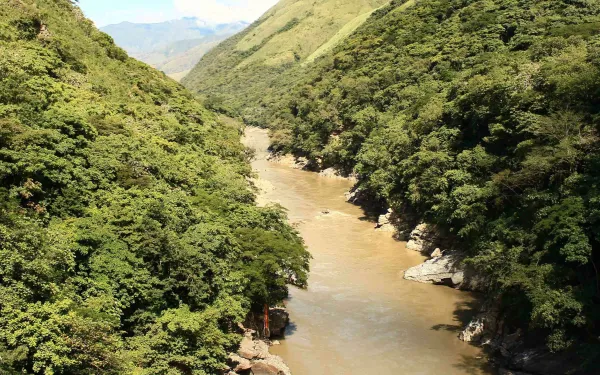
Communities affected by Hidroituango dam in Colombia file complaint at IDB
In the midst of the humanitarian crisis caused by the Hidroituango dam project in the Cauca river basin, local communities request that the Inter-American Development Bank (IDB)’s accountability mechanism investigate whether the financial entity violated its environmental and social standards when investing in the project. Washington, D.C. Communities affected by the construction of the Hidroituango dam in Antioquia, Colombia, filed a complaint with the Independent Consultation and Investigation Mechanism (MICI) of the Inter-American Development Bank (IDB) at its Washington, DC headquarters today. The complaint requests that this accountability office investigate whether the IDB, through both its public and private lending arms, violated its own social and environmental standards when it invested in the project. Through the complaint, the affected communities, represented by Movimiento Ríos Vivos Antioquia, highlight that the bank did not follow its policies that investment projects must be sustainable, participatory and respectful of national legislation in the case of HidroItuango. There was no adequate environmental impact assessment, communities did not have access to participation or information, and the project occurs in a context of human rights violations and disproportionate use of force. It has also endangered the lives of thousands of people, who have had to be evacuated ad hoc due to the dam crisis. This contradicts the social and environmental standards required of IDB investments. The hydroelectric plant will be the largest in Colombia, with a 49 mile (79 km) reservoir that will flood a surface of 11,120 acres (4,500 hectares). The IDB Group has financed the project through various types of investment. In 2012, it approved a $2 million in technical cooperation for the Colombian State and in 2016, $550 million in direct investments to the company in charge of the project, Empresas Públicas de Medellín (EPM). In addition, the IDB manages a $1 billion loan package for the project, with funds from multiple institutional investors, including banks in Europe (KfW IPEX (Germany), BNP Paribas (France), BBVA y Banco Santander (Spain)), Asia (ICBC (China), Sumitomo Mitsui (Japan)), and Canada (CDPQ). The MICI responds to complaints from individuals and communities affected by IDB-financed development projects. The communities settled in the Cauca river basin and its tributaries that are affected by Hidroituango, are accompanied in the complaint process by the Center for International Environmental Law (CIEL), Interamerican Association for Environmental Defense (AIDA) and International Accountability Project (IAP). The claim comes amid a humanitarian crisis in the dam construction area and a wave of increasing violence against people who are defending their territory and water and oppose the project. What began on April 28 with the obstruction of one of the dam's tunnels has resulted in landslides, floods, and thousands of people displaced from their homes. All this has exposed the inadequate evaluation of project impacts and the poor environmental regulation under which the project was authorized on every front. The state of emergency in the area is still in effect, and neither the Colombian government or the company has ruled out the risk of the dam collapsing. The members of Movimiento Ríos Vivos have suffered multiple threats, intimidations, and rights violations. Between May 2 and 8, two of its members were killed. In addition, the region where the dam is located has been affected by historical violence and armed conflict. press contacts Isabel Zuleta, Movimiento Ríos Vivos Antioquia, +57 3217347264, [email protected] Carla García, Center for International Environmental Law, [email protected] Astrid Puentes, Interamerican Association for Environmental Defense, [email protected] Carlos Lozano, Interamerican Association for Environmental Defense, [email protected] Alexandre Sampaio, International Accountability Project, [email protected]
Read more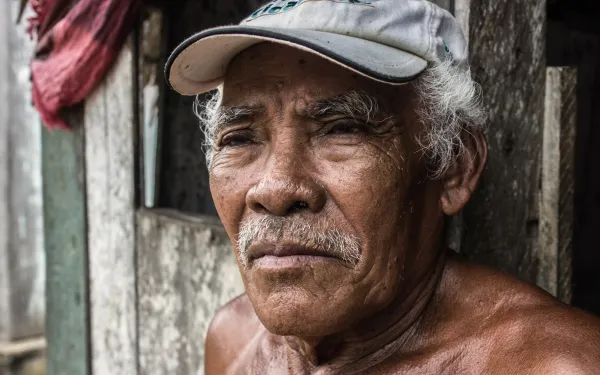
Brazil must respond to human rights violations caused by the Belo Monte Dam
In representation of communities affected by the Belo Monte Dam, we have submitted final arguments in the case against Brazil before the Inter-American Commission on Human Rights. The report presents scientific evidence of the forced displacement of indigenous and traditional communities, the mass die-off of fish, differentiated harms to men and women, and threats to the survival of local communities in the Brazilian Amazon. Washington, DC, United States and Altamira, Brazil. Furthering the formal complaint against the State of Brazil for human rights violations caused by the construction of the Belo Monte Dam, organizations representing affected communities presented their final arguments before the Inter-American Commission on Human Rights. They demonstrate the damages Belo Monte has caused to indigenous and traditional communities, and residents of Altamira, the city closest to the dam. “Human rights violations are a daily occurence for those affected by the dam, so it’s urgent that our petition before the Commission advance to sanction the government and guarantee our rights,” proclaimed Antônia Melo, coordinator of the Movimiento Xingu Vivo para Siempre, a citizens’ collective formed in the face of the dam’s implementation. The report presented before the Commission shows that the damages resulted from a severe lack of foresight and inadequate evaluation, as well as from failure to comply with the conditions for operation established by the government. The many risks denounced prior to the dam’s construction have since become long-term damages—many of which have affected men and women, and youth and the elderly, in different ways. “This report is a vital step forward for the people of the Xingu River basin, who are now closer than ever to achieving justice, forcing Brazil to respond to the violations committed, and ensuring that what happened on the Xingu never happens again,” said Astrid Puentes Riaño, co-director of the Inter-American Association for Environmental Defense (AIDA). Together with the Paraense Society for Human Rights (SDDH) and Justiça Global, AIDA represents the affected communities before the Commission. The report also documents the displacement of indigenous and traditional communities forced to leave their territories without adequate alternatives, placing their cultural survival at risk. Among the affected populations are communities dedicated to fishing, who have not yet been compensated for the loss of livelihood. The dam has caused mass die-offs of fish and, although authorities have imposed millions in fines, the report demonstrates that the underlying problem has not been resolved. Local communities now have limited use of the Xingu River as a source of food, sustenance, transportation and entertainment. The report also documents—among other serious harms—the disappearance of traditional trades, such as brickmakers and cart drivers, and of traditional cultural practices. Women, for example, have stopped giving birth in their homes and must now go to a hospital, a reality that has drastically worsened due to the oversaturation of health and education services in Altamira caused by the recent population surge. The complaint against Brazil was presented before the Commission in 2011, the year the international organism granted protective measures to indigenous people affected by the dam’s construction. The case against Brazil officially opened in December 2015. Then, last October, in a rare move designed to speed up the processing of the case, the Commission decided to unite two stages that, as a rule, are normally processed separately. Under this framework, the organizations and the State are required to present their final arguments, after which the Commission will make a decision. “We hope the Commission refers the case to the Inter-American Court of Human Rights as soon as possible, and that it recommends Brazil adopt the measures necessary to protect the life, integrity, and right to property of the indigenous and traditional communities affected by the dam,” said Raphaela Lopes, attorney at Justiça Global. “After being subject to all forms of rights violations, starting from the very beginning of this project, these communities need integral reparation; their right to free, prior and informed consent was not honored.” The Commission must now prepare a report to conclude whether or not human rights violations occurred as a result of the Belo Monte Dam, in which it may issue recommendations for remediation. If those recommendations are unfulfilled, the case may be referred to the Inter-American Court on Human Rights, which has the power to issue a ruling condemning Brazil. Belo Monte has been in operation since early 2015, though a series of judicial suspensions resulting from non-compliance with its permits means that construction has yet to be completed. Although Belo Monte has caused great harm to the people of the Xingu, Brazil now has an opportunity to avoid inflicting more damage and begin making efforts to better their quality of life. For that to happen, a prompt decision by the Commission is vital. Find more information about the case here. Press contacts: Víctor Quintanilla (México), AIDA, [email protected], +521 5570522107 Raphaela Lopes (Brasil), Justiça Global, [email protected], + 55 21 99592-7017
Read more